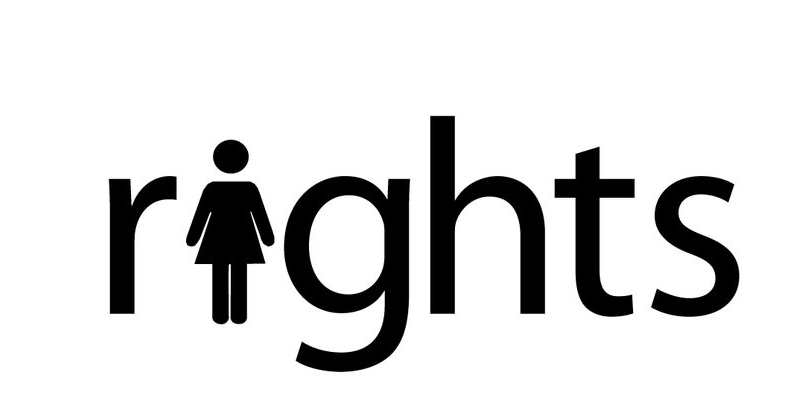The passage of a Bill in the Lok Sabha to secure the rights of transgender persons is a progressive step towards extending constitutional protection to this highly marginalised community. The Transgender Persons (Protection of Rights) Bill, 2018, as passed, is an improved version of the legislation introduced two years ago. The revised definition omits the reference to a ‘neither male nor female’ formulation, and covers any person whose gender does not match the gender assigned at birth, as well as transmen, transwomen, those with intersex variations, the gender-queer, and those who designate themselves based on socio-cultural identities such as hijra, aravani, kinner and jogta. The requirement that a district screening committee must recommend the issue of a certificate to each transgender may be necessary to prevent misuse, but such a process goes against the principle of self-identification, a key right the Supreme Court had protected. The government has omitted the need to go through the same screening committee to get a revised certificate after a transgender has sex reassignment surgery, but the medical certification requirement remains. Transgender persons may question the need for such external gate-keeping. There are other legitimate concerns in the revised Bill, which will now go to the Rajya Sabha. One refers to the bar on forcible separation of transgender persons from their families, except through court orders. It has been revised to cover transgender children. The Bill, unfortunately, does not give effect to the far-reaching directive of the Supreme Court to grant backward class reservation to the transgender community. Nor have the Standing Committee’s concerns about recognising civil rights in marriage, divorce and adoption among them been addressed. There is much good intention behind the welfare provisions, but social legislation is much more than high-minded clauses. It needs to be followed up with zealous implementation and framing of deadlines to achieve specific objectives.
Rights, revised: on the Transgender Persons Bill, 2018

